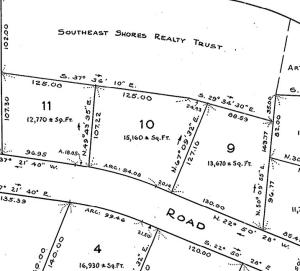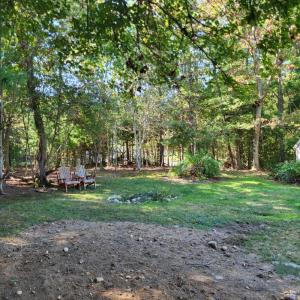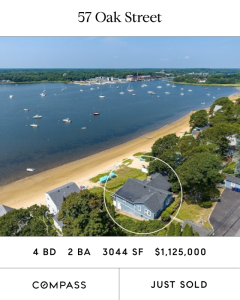Solar company sues Wareham Conservation Commission over project denial
The solar company that was working with a Wareham farmer to put a solar field over his cranberry bog has sued the town’s Conservation Commission and asked for judicial review of the commission’s denial of the project.
BE RE LLC, a Utah-based solar project company, filed a complaint against the Conservation Commission and its members in Plymouth Superior Court on Dec. 3, 2021.
And it’s not the only one: Two other lawsuits have been filed against the committee in the months since BE RE filed its suit.
In its initial filing, which includes about 150 pages of exhibit documents, the company argues that the town’s blanket rejection of solar projects over cranberry bogs runs contrary to the state’s Solar Massachusetts Renewal Target Guidance, an incentive program meant to support solar in Massachusetts.
The property in question is Wareham farmer Brett Meredith’s cranberry bog off North Carver Road, owned by his family’s company, Rocky Maple Cranberry Co. The farm spans more than 100 acres across Carver and Wareham, with about 75 acres located in Wareham.
Meredith spoke at a Planning Board meeting in February of last year, detailing plans for the project which he said would be “basically letting me stay in business and keep doing what I love.”
The project would entail building a solar field over about 28 acres of Meredith’s cranberry bog.
The complaint alleges the commission’s denial of the project, which it voted on in September, is invalid due to a number of factors. The company’s project had been approved by Wareham’s Planning Board, Carver’s Planning Board and Carver’s Conservation Commission when the Wareham commission denied the project after months of continued hearings.
Members of the commission cited several reasons why they denied the project in their September meeting.
Conservation Administrator David Pichette said during the meeting that a better alternative analysis should have been completed; that the project could alter nearby wetlands; that the project could affect local groundwater and wildlife habitats; and Wareham’s aesthetics could be affected.
In its complaint, BE RE alleges that the denial was invalid for a number of reasons: the hearing was extended for too long, the denial was “arbitrary, capricious… and in excess of the commission’s authority” and contained unsubstantiated claims, including that the solar field could “electrically charge the soil and groundwater” — which the suit describes as “absurd.”
Both Conservation Commission Chair Sandy Slavin and an attorney for BE RE LLC said in emails that they cannot comment on pending litigation.
The other two suits filed against the Conservation Commission come from homeowners in the Shell Point area who were hoping to construct new piers: One on Shell Lane and one on Lydia’s Island Road.






























